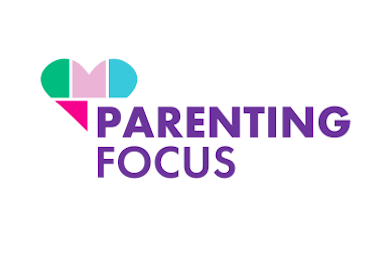Reading with your Children
Family HealthReading brings parents and children closer together, gives you an opportunity to spend quality time with your child and can also be beneficial for your own mental wellbeing.
Finding time to read with your children can often be a challenge, as well as how to get the most out of reading. Parents often put pressure on themselves to spend long periods of time reading with their child. However, research suggests that even 10 minutes of reading a day can have a dramatic impact (BBC, 2013).
BookTrust, the UK’s largest children’s reading charity notes that it is never too early to start reading with your children. Even an unborn child can hear you after 18 weeks – and will recognise your voice. Reading to your infant in the early stages can help to build a strong, loving relationship with your child.
In addition, some parents are unsure if it is valuable to continue to read to children once they reach young primary age – around 7 years old. However, children themselves suggest that they would like reading to continue. A report in February 2018 found that only half of pre-school children were read to daily. Parents gave a range of reasons why this was the case – around a fifth said that they struggled to find the energy at the end of the day. Only 16% said that their children preferred to do other things (Flood, 2018).
A key question is, does it help them to learn? Does reading to your child help them to develop reading and language comprehension skills? A series of studies have been done with parents and children across the world to help determine what (if any) affect reading to your child has on their learning. The good news is, research which examined programmes to help promote books and reading to babies and young children demonstrate positive long-term effects on their development (Vanobbergen, 2009). In particular, children who are more familiar with books show improvements in reading, social skills, language development and other areas.

















































